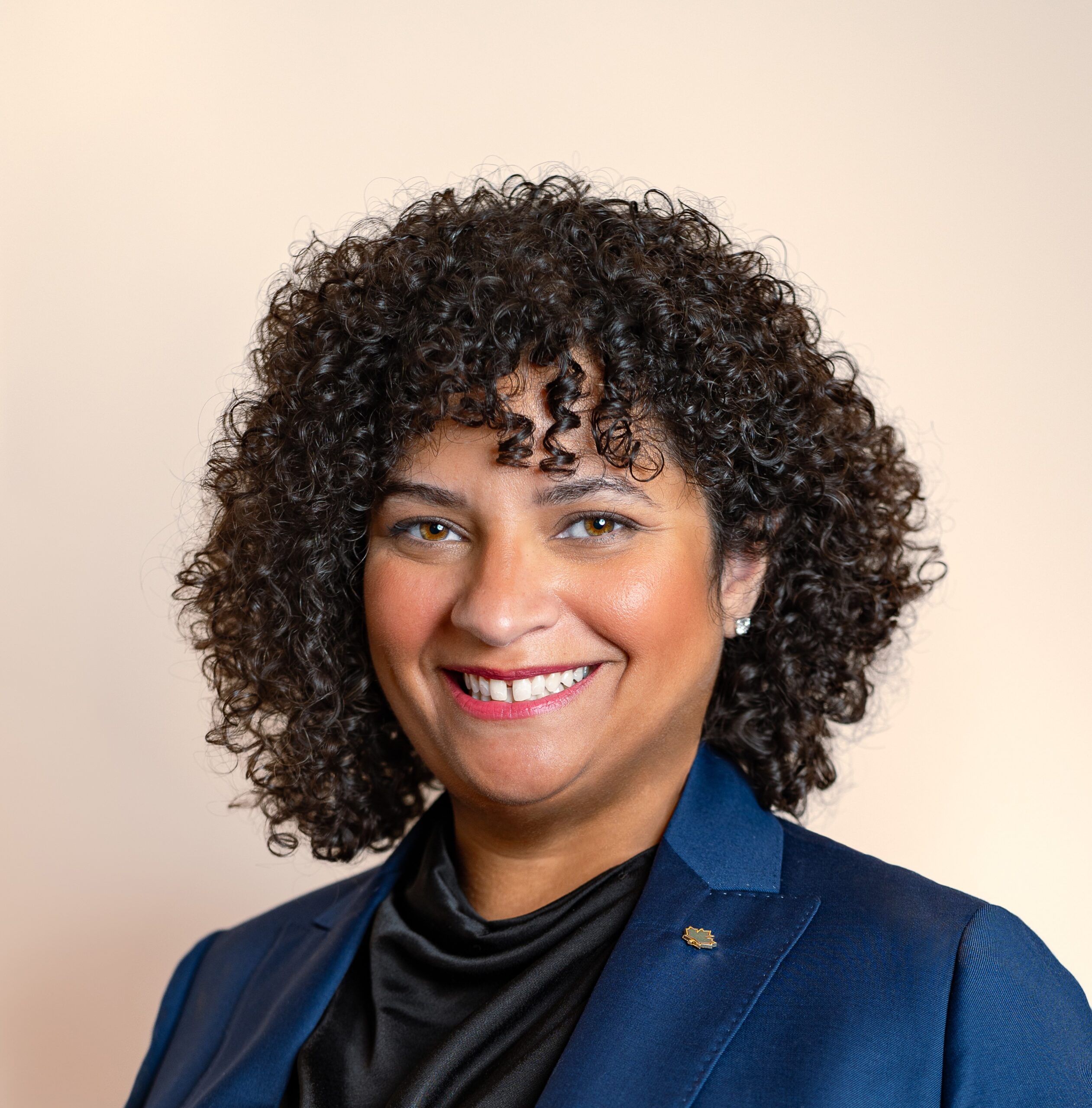
What is Judicial Review?
Very few Canadian immigration applications can be appealed, such as a refusal of a family sponsorship application. No temporary residence application refusals can be appealed, such as a study permit refusal, visitor visa refusal, or work permit refusal. However, even if the application cannot be appealed, it is possible to ask the Federal Court of Canada to review the decision of refusal, otherwise known as “Judicial Review.” If the Federal Court reviews the decision and finds that it was incorrect, the refusal can be overturned.
When can a Canadian immigration refusal be overturned by the Federal Court?
The court does not simply overturn refusals just because they are asked to do so. The court defers to the decisions made by immigration officers and Immigration Appeal Division members assuming they did not make any mistake when making their decision on the application.
The Federal Court can only overturn an immigration decision when there has been
- An error in law, meaning that the law has been incorrectly applied to the case
- An error in fact, meaning that the decision was based on an incorrect interpretation of the facts of the case
- An error in law and fact, meaning that the law has been misapplied AND the facts of the case were misinterpreted
- The decision was unreasonable
How do I ask the court to review my immigration refusal?
There are 2 stages to an application for Judicial review.
Stage 1 is the application for “leave,” which is where the applicant asks the court for permission (leave) to have their case reviewed by the court. The court does not review every application that has been refused, and will only review the decision when it appears likely that a mistake has been made in the decisionmaking and/or there is a legal question posed for which there is no precedent.
In other words, if the officer was obviously correct to refuse the immigration application (or the appeal was correctly dismissed), then the court can simply decline to grant leave for judicial review of the decision. It is at the discretion of the court to determine if they will grant leave to the applicant to review the refusal decision, and if the court decides not to review the decision, this is absolutely final and there is nothing further that the applicant can do with this case – their only recourse will be to submit a new application, assuming they are eligible to do so.
Stage 2 is the actual review of the refusal by the court (Judicial Review). Once leave has been granted, stage 2 is initiated. If leave has not been granted, then the matter is closed.
In order for the decision to be reviewed, the applicant themselves (if they are unrepresented) or the applicant’s lawyer will first submit their Notice of Application for Judicial Review. This must be done within 30 days of an immigration decision made inside Canada (such as an In-Canada class sponsorship), or within 60 days of an immigration decision made outside of Canada (such as an overseas sponsorship, study permit, or visitor visa).
The decision of the Judicial Review proceeding can be made in one of two ways:
1. The Department of Justice counsel (the lawyer for the government of Canada) can decide to settle the matter rather than proceeding to a full hearing. This can happen when the government’s lawyer believes that there is a high likelihood that the Federal Court judge will find in favour of the applicant rather than the government. Deciding to settle rather than fight is purely at the discretion of the Department of Justice.
If the Department of Justice settles, then the refusal will be overturned and application will go back to the visa office for redetermination without having been reviewed by the judge.
2. If the Department of Justice believes that they are likely to win the dispute, they will allow the matter to proceed to the hearing with the Federal Court judge. In this case, the judge will make the final binding decision on whether the refusal will be overturned or not. If the judge decides that the decision to refuse the application was not made in error, then the decision will stand and the case will be closed. If the judge decides that the decision to refuse the application was incorrect, then the refusal will be overturned and the application will be returned to the visa office for a new decision to be made by a different officer.
How long does an application for Judicial Review take?
If the Department of Justice decides to settle the matter rather than proceed to a hearing, then the decision will always be faster than if a hearing will need to be convened. The fastest our office has seen an offer for settlement for an application refusal was 2 weeks after submission of the Notice of Application for Judicial Review. A more average timeframe if the matter will be settled rather than proceed to a hearing is approximately 4 – 8 weeks from the submission of Notice.
If a hearing will be convened, then this increases the processing time. In our experience, a hearing will generally make the process take approximately 2 – 6 months from submission of the Notice of Application for Judicial Review.
How much does an application for Judicial Review cost?
There are several filing fees charged by the Federal Court with regard to an application for Judicial Review:
| Judicial Review Application | $50 |
| Application for Extension of Time to Commence a Proceeding (if applicable) | $20 |
| Requisition for Hearing | $50 |
In addition to the filing fees, a lawyer will charge a professional fee to represent the applicant’s interests to the Federal Court. Judicial Review application legal fees are notoriously expensive – Most lawyers charge a total fee of approximately $7000 on the low end to well over $10,000 on the high end. Frequently, lawyers will allow for the professional fees to be paid in installments (generally no more than 3 installments) rather than 1 lump sum payment up front.
Fees can also be impacted by whether a hearing is convened or the matter will be settled. However, if the Department of Justice settles the matter very close to the deadline required for a response, the lawyer will have already had to prepare for the hearing and will have already done the work required, which will impact the legal fee.
It is unfortunate, but sometimes an applicant will have to pay these additional costs to fight a refusal that should never have been issued in the first place.
When should I consider applying for Judicial Review?
When the application you submitted was as perfect as possible, answered any possible questions with information and evidence, and there were no holes in the application that could have made the refusal reasonable.
Even if the application was strong overall when it was submitted, if any of the officer’s reasons for refusal were reasonable based on the information and documents submitted, then the application for Judicial Review is extremely likely to fail which will result in a waste of close to $10,000. A good lawyer will tell you after reviewing your application if there are holes that will likely make your application for JR unsuccessful. In this case, you would need to submit a new application and then apply for JR if the new application were also refused.
Do I need to hire a lawyer for an application for Judicial Review?
It is not mandatory or required to hire a lawyer to represent you on your application for Judicial Review. However, it is EXTREMELY unlikely that anyone who is not a Canadian immigration lawyer has the legal knowledge to win a Judicial Review case on their own. Even the Federal Court recommends that applicants seek legal advice. This is not a do-it-yourself matter.
If you determine that you will submit a new application, rather than apply for Judicial Review, after receiving a decision of refusal in order to address the deficiencies in the original application, it is also a very good idea to hire a professional to assist with the new application for 2 reasons:
- It will maximize your chances of approval for the new application as a quality immigration consultant or lawyer will have legal knowledge and experience to rebut the refusal reasons and draw upon previous court cases that favour your circumstances
- It will lay the groundwork for an application for Judicial Review by preparing an application that does not have any holes and will minimize the chances that a refusal to be considered reasonable by the court
Contact us if your immigration application has been refused.
 Author:
Author:

